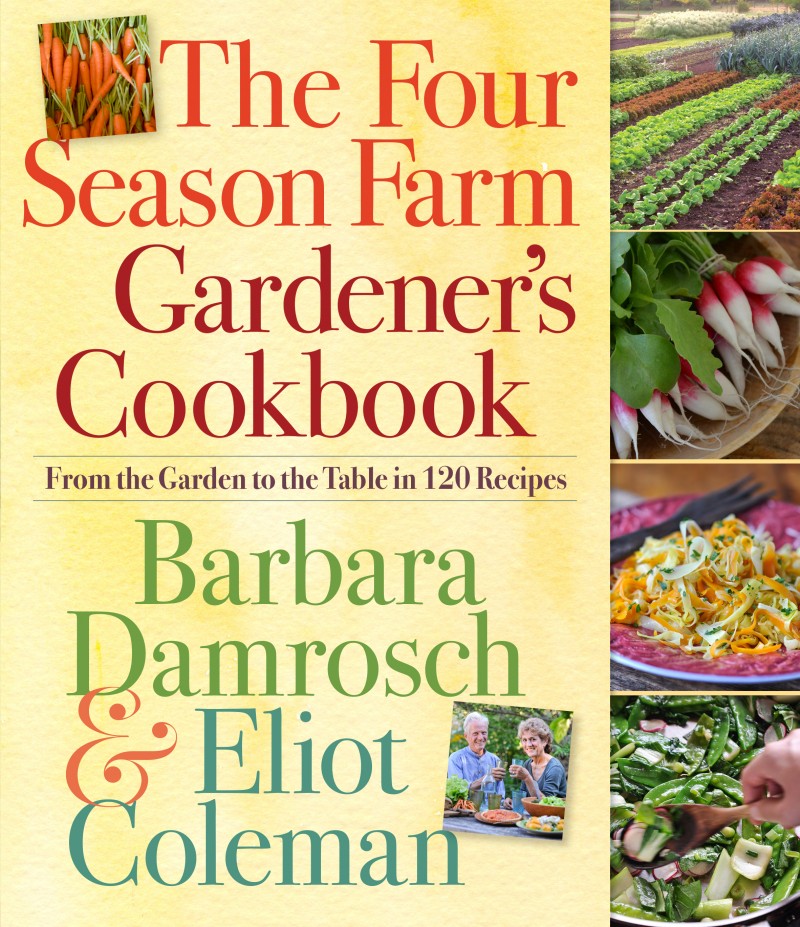This year, all three of the books awarded a prize by the American Horticultural Society were about growing food. They were “Apples of North America” by Virginia’s Tom Burford (“Professor Apple”), “The Resilient Farm and Homestead” by Ben Falk and “The Four Season Farm Gardener’s Cookbook,” written by yours truly and my husband, Eliot Coleman. Honored as we were, we also felt gratified to see food gardening so recognized. I doubt it would have happened 10 years ago.
What triggered our book (which covers both growing and cooking) was the economy’s sudden plunge in 2008 and the consequent spike in vegetable seed sales at all the nurseries we knew.
Food insecurity in hard times has always prompted citizens to take up the spade, and we felt compelled to advise all these sudden devotees about producing some — if not all — of their diet, and to suggest what to do with all that produce piling up in the kitchen. The recipes, generated by me, involve not messing too much with the natural flavors of fruits and vegetables, and letting the march of the seasons in the garden dictate the menu.
I’ve become acutely aware of the limitations would-be gardeners face. One is time: We are all so busy. Another is space, especially in cities and towns. So we decided the main theme of our book should be getting the most food out of your garden, whatever size it might be. This meant, first, choosing crops not on a whim but according to how much sustenance they’d yield for the amount of space they took up in the garden.
Second, it meant using planting tricks to get the most from every square foot and discovering tools that make the work easier and faster.
Third, it meant using simple devices to supply fresh food year-round. Even if people could take only a few steps toward feeding themselves, we felt it was something worth knowing how to do. Grow and grind your own grains? Save a few seeds? It’s empowering to know how simple it could turn out to be.
So we went to work on our book, employing our usual system: One of us writes something, the other rewrites it, and then we fight about it. And inch forward.
But if collaborating on the page is painful, working together on our farm and in our home garden is a joy. It’s one of the things that makes us happiest as a couple, and we thrive on the food we grow and cook. Having some hard physical work in our lives seems to keep us feeling younger — Eliot is 75 and I am almost 72 — and we can go for long hours without much pain. We garden not out of fear for a hungry future but for the rewards that come from making food-growing a sustaining force in our lives.
We often feel that the best fertilizer a new gardener needs is encouragement. So we suggest giving the kitchen garden a try. But if you have any plans to write a book about it with your spouse, maybe talk to us first about that.
Send questions/comments to the editors.


